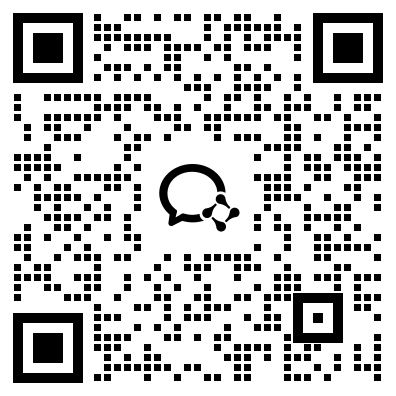2020陕西教师考编英语学科考点之情态动词特殊考点
(1)can 与 be able to 表示能力
① able 为形容词,指 “ 有能力的,能干的 ”,be able to 表示 “ 能,会 ”,有时态和人称的变化
②can表示“能力,能够”时,只有现在时和过去式,是情态动词。can和be able to不能连用。
③ can/could 表惊讶。例如:How can/could you do such a silly thing? 你怎么能出这么件傻事?
(2)may 与 might
①祝愿。
例如:May you succeed! 祝你成功!
② “may/might as well +动词原形 ”,意为 “ 倒不如 ”。例如:It is raining outside, I may as well stay at home. 外面在下雨,我还是待在家里比较好。
(3)must 表示 “ 偏执、固执 ”。例如:
Must you make so much noise? 你非得弄出这么大声吗?
(4)should 表示 “ 竟然、居然、万一 ”。例如:I didn’t expect that he should have behaved like that. 我没想到他竟然表现得像那样。
(5)will 与 would
① will 表示 “ 意愿、习惯、推测 ”
表意愿:Come whenever you will. 你想什么时候来都行。
表习惯:习惯性动作或某种倾向(总是、总要)。
表推测:It will be Rita who is knocking at the door now. 一定是 Rita 在敲门。
② would
表过去的意愿。
表过去的习惯:We would play football on Sundays. 我们过去常常周日踢足球。表请求,比 will 更加委婉,时态上没有差别。
(6)dare 与 need
①作情态动词 need/dare do。
②作实义动词(有人称、时态和数的变化)need/dare to do。
③ need 主动表被动 : need doing =need to be done,例如:
(7)shall
①命令
用于第二、三人称的陈述句中,表示 “ 命令 …… 的含义。例如:You shall do as our teacher says. 你得按照老师说的做。
②意见
疑问句中征求对方意见或请求指示,主语常用一、三人称。例如:Shall he go out for a walk? 他要出去散步吗?
③表示强制,用于法令、条约、规章中,意为 “ 必须,应该 ”
Whoever steals the money shall be punished. 不管是谁偷了钱都应该受到惩罚。










